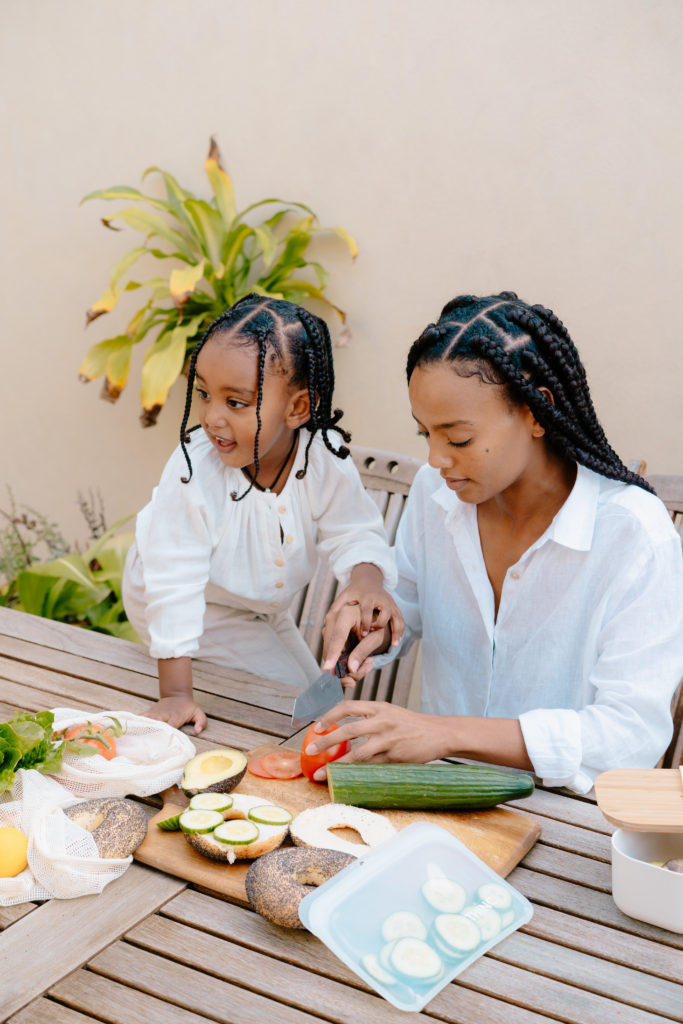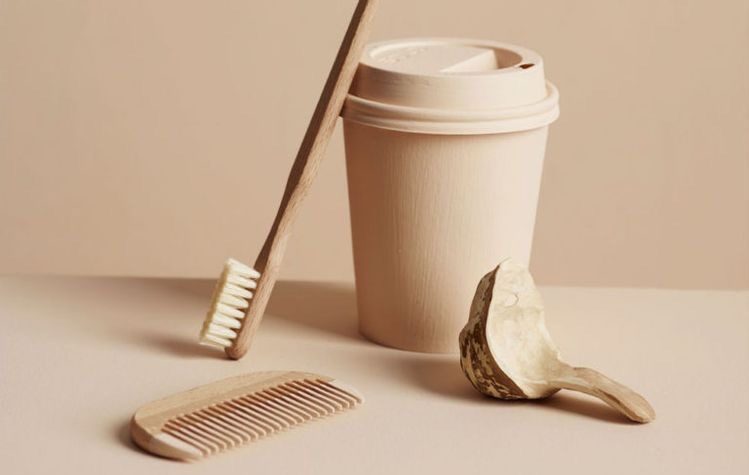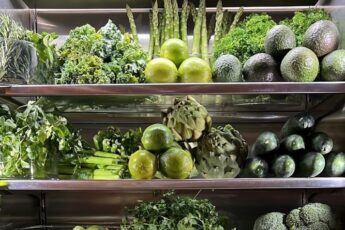If 2022 has taught us something is that the whole world is sending out a global message to slow down and remind everyone to be mindful of our day-to-day decisions. Being more sustainable has to be on each of one of our core values, there’s only one world, and we shouldn’t take it for granted.
You’ll also like this:
Olaplex No.6 Bond Smoother Is Worth The Hype?
How To Treat Skin Pigmentation
CF’s Top Picks For Father’s Day 2022
Are you looking at becoming more sustainable at home?
You may think that one small action like taking less time in the shower, or walking when you can rather than driving isn’t going to do much. However, if you really want to take the leap on being more sustainable in every aspect of your life think about the following, there are 8 billion people in the world. If we all said we would make one small change to make a difference to the future of our planet then the impact would be extraordinary.
Below is a list of 6 ways to be more sustainable at home

Thinc Eco is a sustainable brand that sells zero-waste products, they are here to educate you about how you can live a more sustainable lifestyle. Their range of products is made from resourceful materials such as bamboo, wheat, and organic cotton.
An Australian owned brand taking the hard work out of zero-waste living by providing reusable, everyday kitchen, bathroom and lifestyle products to help curb wasteful habits.
The purpose of Thinc Eco is to get you thinc-ing about what our everyday products are doing to the environment and to educate families and young people about the benefits of being eco-friendly. Co-founders Andonia Kailis and Hannah Dunkley found that over 90% of Australian consumers are concerned about environmentally sustainable choices but aren’t doing anything about it.
Andonia Kaillis, Co-founder of Thinc Eco is sharing with us today 5 tips you can incorporate into your routine at home to be more sustainable.
1. Reusable bags
This is something we have been hearing about for years now, but it is a great way to cut down on plastic and such an easy habit to get into. Most grocery stores still have plastic bag rolls for your products on hand, however, refrain from using them. Did you know that plastic can take up to 1000 years to break down? A great alternative are the 100% organic cotton produce bags, from Thinc Eco, because they are organic cotton, they are free from any chemicals a lot of plastics carry, which can be extremely harmful to the food we consume.
2. Buy locally
Buy your food locally, you can find local produce at farmers’ markets which makes for a fun outing with the kids. Buying locally will reduce your carbon footprint as the food doesn’t need to travel as far. You’re also helping your community and local farmers. Just remember to bring a bag to carry all your fresh produce.
3. Brush with bamboo, not plastic
Bamboo toothbrushes are a popular alternative to plastic for many reasons. Thinc Eco’s Bamboo Toothbrushes are available in both kids and adult sizes. They are more eco-friendly, antimicrobial (fights germs), and biodegradable. Every plastic toothbrush you purchase will take 450 years to decompose, while a natural bamboo toothbrush has the same impact as a fallen branch.
5. Reduce shower time
An average shower uses about 19 L of water per minute. If you shorten your shower by 2 minutes, you can cut your water use by 38 L. There are also many other ways we wastewater, from leaking pipes to sprinkler systems or a running toilet. All these things may not seem like a big deal but looking at the bigger picture, they are a huge deal and can be easily reduced.
6. Eat more vegetables
If you are someone who eats a lot of meat try cutting down. Meat is a major contributor to greenhouse gas emissions. Vegan food can be much tastier than you think, so our suggestion to you is to eat plant-based 3 days a week. Not only will the planet and animals thank you for it, but so will your body.
You’ll also like this:
10 Best Natural Shampoos and Conditioners For Every Hair Concern








Leave a Comment